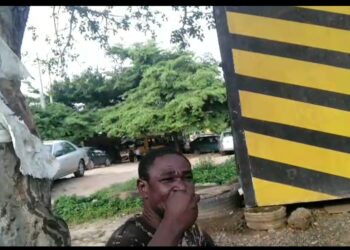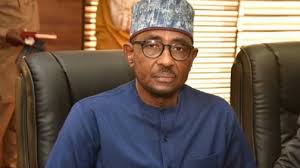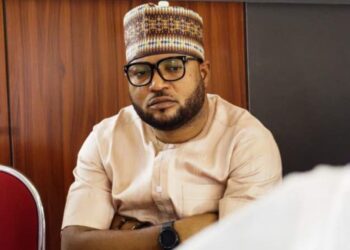The Pan-Yoruba socio-political organization, Afenifere, has faulted President Muhammadu Buhari’s comments on infrastructure his administration provided for Nigerians, saying it was another indication that those in the corridors of power were not in touch with the present reality in the country.
It would be recalled that President Buhari on Tuesday, February 22, 2022, said that if not for the intervention of his administration especially on rail and road projects, “people, especially those from the South-West, could have been trekking from Lagos to Ibadan”.
The president stated this when he received in audience a delegation from Kaduna State, led by the Emir of Zazzau, Ahmed Bamalli, and the state’s Deputy Governor, Hadiza Balarabe, at the State House, Abuja.
Acknowledging the primacy of road, rail and power in the growth of a business or country, the president said that was why his administration focused on the development of infrastructure. He then pointed to the Abuja-Kaduna and Ibadan-Lagos lines.
In his words, “The people from South West can’t tell better because between Lagos and Ibadan by now, if we hadn’t done what we did, people would have been trekking because the road was not there, the rail was not there and there was so much insecurity.”
Afenifere said although the resuscitation of Lagos-Ibadan railway was appreciated, it is a height of an unpardonable exaggeration to say that without it people in the South West would have been trekking.
The organization in a release signed by its national publicity secretary Comrade Jare Ajayi, submitted that the number of people using the rail transport is very small, so small compared with people using the road that not many felt the impact when it was not available.
“In any case, assuming without conceding that the rail transport is so significant in the life of the people as painted by Mr. President, what about several other routes in the South West that have no rail system. So, why has the government not provided rail transport in all these areas so that people would not have to trek?”Afenifere stated.
The organization stated that, on the road that the president lamented its absence, it wondered whose responsibility it is to provide the road; if it is not the government?
Also recalling the President’s speech at the 6th Gas Exporting Countries Forum (GECF) Summit in Doha, Qatar, on the same day where he was represented by Chief Timipre Sylva, Minister of State, Petroleum Resources, Afenifere noted that Nigerians are hardly impressed by the president’s disclosure that his administration is now “embarking on different initiatives, projects, and policies to enhance the performance of the oil and gas sector”.
It wondered why the administration was just embarking on such initiatives when it has just about 14 months left in office?
“If the government truly believes in the pivotal roles oil and gas play in the lives and economy of the people, why should the prices of these commodities be all-time high now? Why are the refineries not working? Why not license modular refinery operators so that the commodities can be widely available?








